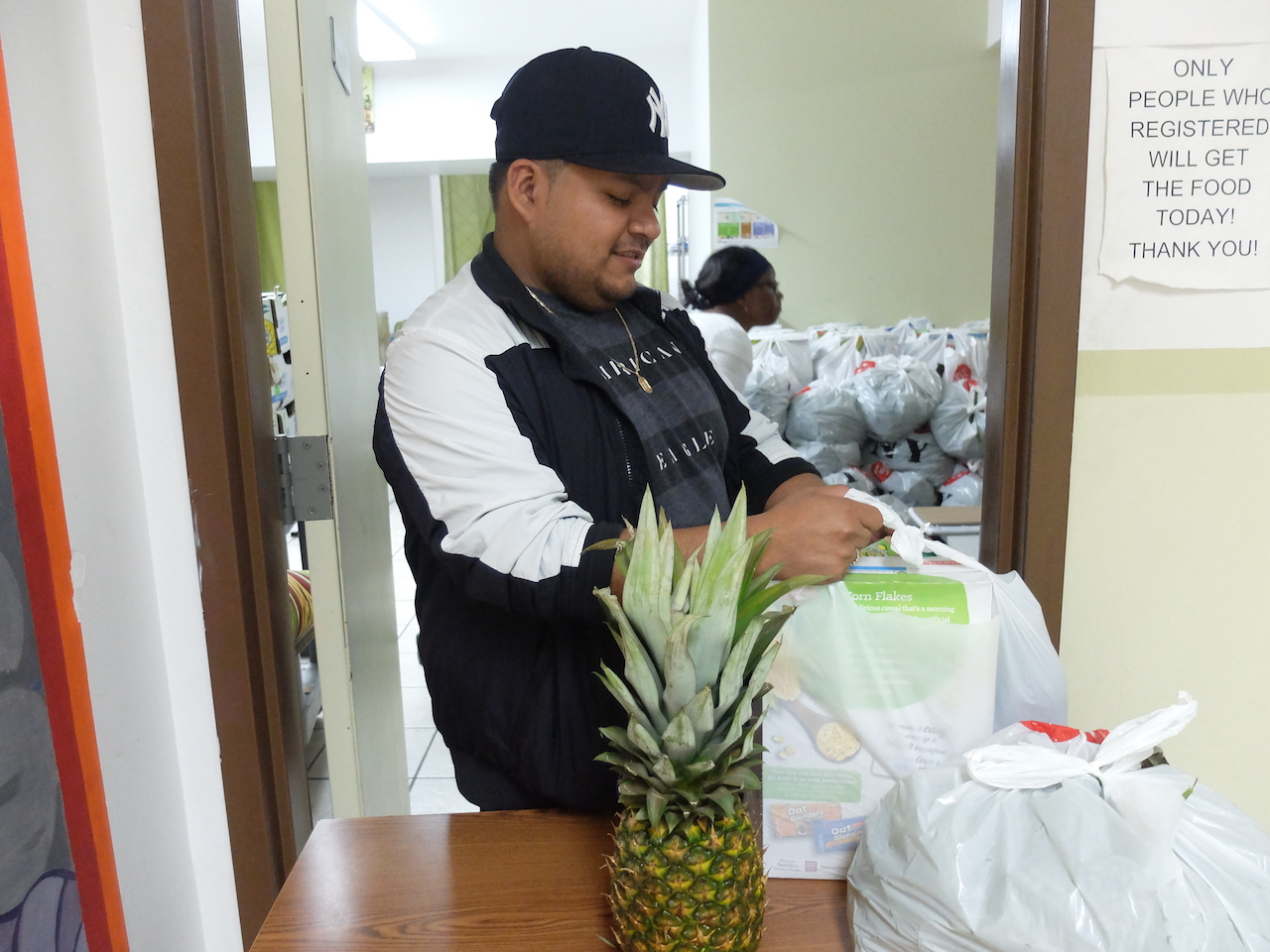
As end approaches for Obama-era program, many in Mott Haven worry about the future
Federico Ventura, 31, remembers the day he heard the Trump administration was ending the Obama-era Deferred Action for Childhood Arrivals (DACA) program, which shields thousands of young, eligible undocumented immigrants from deportation. He was at home with his parents.
“I felt this weakness inside, but I was trying not to show it,” he said. “[My parents] are getting older. They know what’s happening. My answer to them was, don’t worry, they’re not stopping me.”
Ventura was six years old when he and his family came to the U.S. from Puebla, Mexico; to an apartment on Willis Avenue. It was 1995.
“To my knowledge, [crossing the border] was only a trip. I wasn’t expecting to stay, live my childhood, go to school and make a life here,” Ventura said.
With the Trump administration’s decision to rescind DACA in September, Ventura’s ability to provide for his family in the U.S. beyond 2019 is unclear. Permit renewals will officially terminate in March, as Congress continues to debate action before government funding expires in December.
Repealing the program could affect over 30,000 young immigrants like himself living and working in the city—and 13,000 in the Bronx, according to the Migration Policy Institute.
“New York City’s 30,000 Dreamers are integral members of our communities – they work hard, give back, and raise families in our city,” said Bitta Mostofi, Acting Commissioner of the Mayor’s Office of Immigrant Affairs. “New York’s Dreamers earn $500 million in wages every year, generating $19 million in revenue for the city. We literally cannot afford to lose them or any of our country’s 800,000 Dreamers.”
A nationwide study of Dreamers from the Center for American Progress found that with vital work authorization, DACA recipients contribute to the labor force. Roughly 91 percent of those surveyed are currently employed, with at least 72 percent working for top 25 Fortune 500 companies.
Employment also jumped to 93 percent, with a higher average hourly wage among those 25 and older.
The report also estimated that without DACA immigrants, the U.S. would lose roughly $460 billion in GDP in the next decade.
“This is a country where everybody should have a chance,” Ventura said. “We’re not being a problem. We’re not taking jobs away. We’re doing a good thing.”
New York City is the only home Ventura has ever known.
As a child, he attended St. Jerome’s Catholic School on Alexander Avenue, and was part of Abraham House after-school program, while his parents worked as street vendors to cope with rising rent.
“With every problem, he was always optimistic,” said social worker Lynda DeFillipi. “Even though at times he was frustrated at the lack of opportunities, he knew that this was a safe haven. And he always wants to help out—that’s who he is.
In 2008, after high school, Ventura received a scholarship for a culinary training program in New Rochelle. He aimed for a full-time position at the restaurant, but wasn’t hired because he didn’t have a social security number.
With opportunities for a culinary career slim, Ventura worked under-the-table jobs, from construction to dry cleaning.
“I used to tell Federico; one day, someone would come to the White House and make you feel less invisible,” said Teresa Gomez, 62, former director at Abraham House and Ventura’s godmother.
When DACA was announced in 2012, Ventura saw the program as an opportunity he could not pass up.
“It’s like they say, we came out of the shadows,” he said. “It’s a good thing for my siblings and I, because this way we could now do all types of jobs, with better benefits and pay.”
Ventura, who renews his DACA application every two years, now works as a security guard for the New-York Historical Society Museum and the Urban Resource Institute.
With the lawful ability to work, Ventura also saw a chance to serve the immigrant safe-haven communities he grew up in.
He volunteered at Abraham House and regularly at St. Jerome’s H.A.N.D.S. Community Center, where he still teaches English, works the food pantry, and helps fellow young Dreamers renew their applications.
“I see people here who don’t know how to read, or the language. I felt that way at one point too. I want to give back because I’ve been in their shoes.”
“Having DACA changed Federico’s approach to life; his selflessness and appreciation,” said Gomez. “I always said the right thing to do is to give back. He didn’t need a second invitation.”
With the policy changes to DACA, Ventura shared he was afraid of “the thought of being brought back, and there’s nothing there.”
“All we can do is wait. All we have is hope.”

